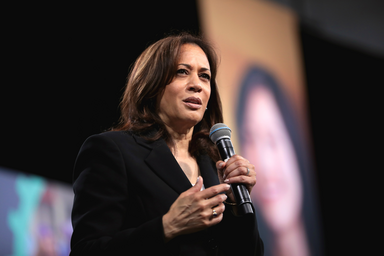A long time ago, before protests were defined as two or more people standing in demonstration for or against any organisation or government, nearly 900 students from Chinese middle schools clashed with government bodies on mandatory conscription. This was in 1954, the peak of Singapore’s political heat and activism. This was the first major student protest that sparked off other iconic demonstrations like the Hock Lee Bus Riots. However, in 1974 to 1975, a series of university-led protests resulted in a crackdown by the government on such public assemblies, and so began the death of student activism.
Currently, Iran’s universities are aflame by protesting against the country’s newest leaders, Tehran. University students are mass organising protests, demonstrations where women cut off their hair among other acts of defiance. Let’s imagine if Singapore were to undergo such repressive and destructive rules. Would Singaporeans today do the same? Would we stand for things we believe in? The sad truth of the matter is that the majority would not. Most of us are likely to keep their heads down and follow the order, praying to survive day to day.
In shutting down student protests and redirecting Union funds under universities’ administrations in 1974 to 1975, the government subsequently muted generations of voices. We are often taught that we are just kids, students without power, or that if nothing can be done, it’s better not to generate attention by, “making noise”. Everyone wants to be a bystander, because by the sidelines is where things are safe. Furthermore our culture prioritises safety first, and risk-taking is seen as a reckless act, stemming from impulsivity. But on another continent, aren’t the students in Iran taking risks everyday in hopes of building a life that can be better for all?
The political environment in Singapore can be described as calm but stifling. While our neighbours struggle with corruption and political instability, we managed to drift by, avoiding the same fates. Looking at our political climate, the opposition parties in Singapore are seemingly powerless. With an overwhelming majority of PAP candidates in elected seats, our 11 opposition seats are at best, for accountability, and at worst, ornaments for display of democracy. If you’re aware of Jamus Lim and Grace Fu’s clash over environmental taxes in parliamentary debate awhile back, you realise that the opposition’s suggestions are generally shot down before any further deliberation can occur. It makes the existence of opposition parties almost redundant. Parliamentary debates are for elected members to discuss feasibility of ideas and if amendments should be made. If suggestions are shot down rather than built upon, parliamentary debates would just be akin to a Google slides presentation – more for show and less about the debating of its principles and foundations.
I think it is safe to say that everyone knows that Singapore undergoes political censorship of activism. Reasons cited are often fragile social fabric, controversy and chaos. The last thing the 9th safest country in the world wants is political instability, and understandably so. After all, our peaceful climate is what attracts investors, shareholders, wealth and more. However, this has resulted in a politically apathetic generation, and a heck care attitude that is criticised heavily by elders.
In my opinion, I think Singaporean students care greatly for a number of things. In NTU, there has been a rise in students speaking up for themselves. The most notable example will be NTUSU resolving the issue on housing for foreign students through media, petitions and grassroots work. A smaller, but more current example will be our Psychology students fighting against the unfairness of accountability in their question paper leak. With the exposure from social media, Singaporean students are not blind to political activism and movement; our apathy stems from a lack of motivation to speak up because it seems like nothing will change, and there is a lack of outlets to encourage these voices.
Ultimately, we do possess a fiery attitude towards politics. Unfortunately, without the proper political education, outlets and tools to encourage us , we slowly lose our voices to apathy and hopelessness, going through the motions of voting without extensive considerations, resulting in a barren political climate.
A long time ago, we had a voice. but it was clamped down ruthlessly. Today, do we want to remain mute, or shall we attempt to regain our stolen voices back?


